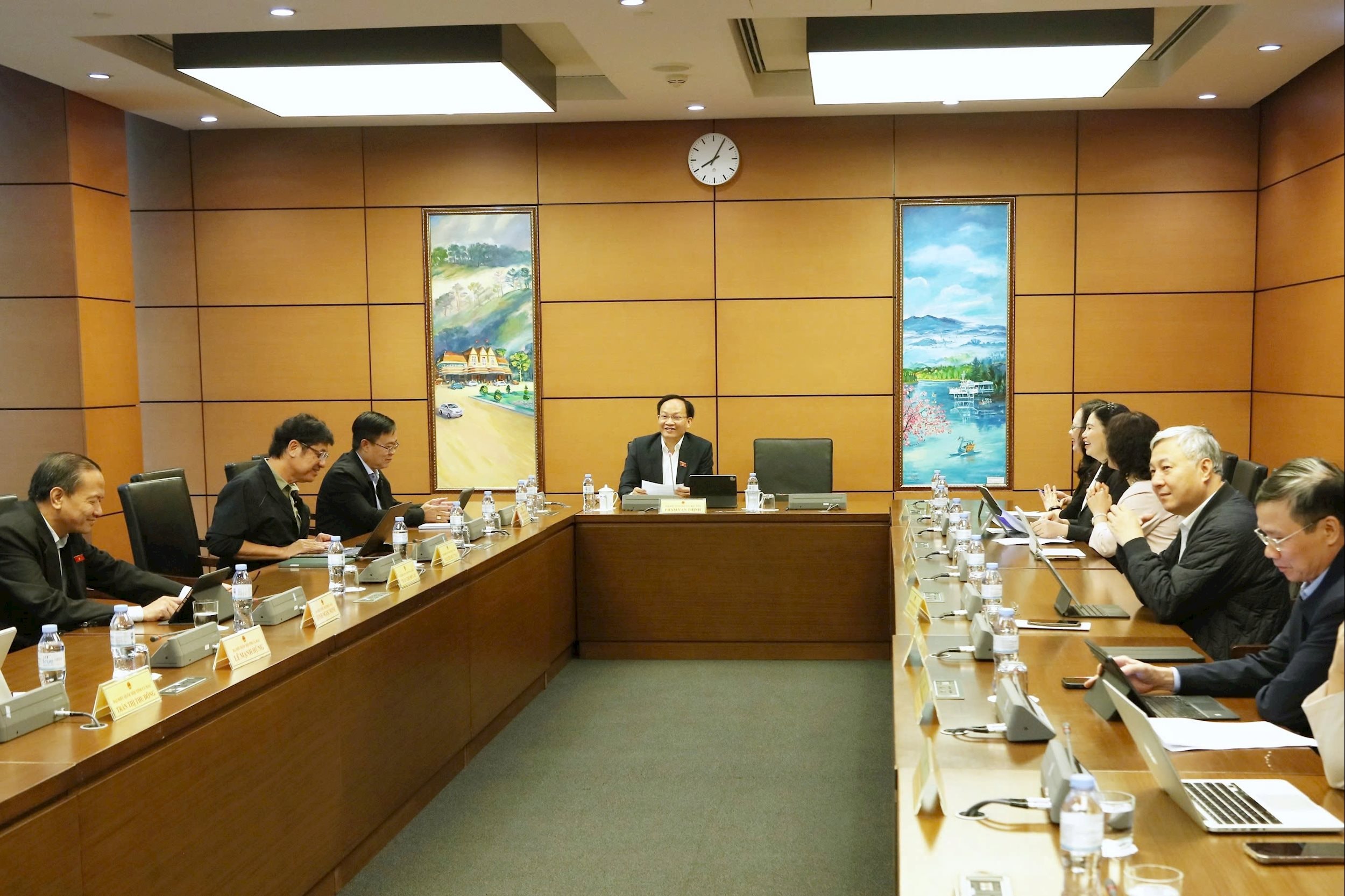
Giving specific comments on the Draft Law on Civil Judgment Enforcement (amended), National Assembly Delegate Tran Thi Van suggested that in Article 3 of the Interpretation of Terms, it is necessary to add concepts related to digital transformation such as: "electronic judgment enforcement", "digital judgment enforcement database".
Regarding the Government 's duties and powers in civil judgment enforcement (Article 10), delegates proposed adding an inter-sectoral mechanism, with a coordinating focal point and time limit for handling and responding to recommendations and requests from civil judgment enforcement agencies; and prescribing sanctions for organizations and individuals who do not fulfill their coordination responsibilities in civil judgment enforcement work.
Regarding the duties and powers of the People's Court in the enforcement of civil judgments (Article 11), delegate Tran Thi Van said that there should be additional regulations on the fact that the Court's judgment and decision must record the personal identification number of the litigant so that the Enforcement Officer can promptly notify the identification number of the litigant to the organization or individual involved in the enforcement of the judgment.
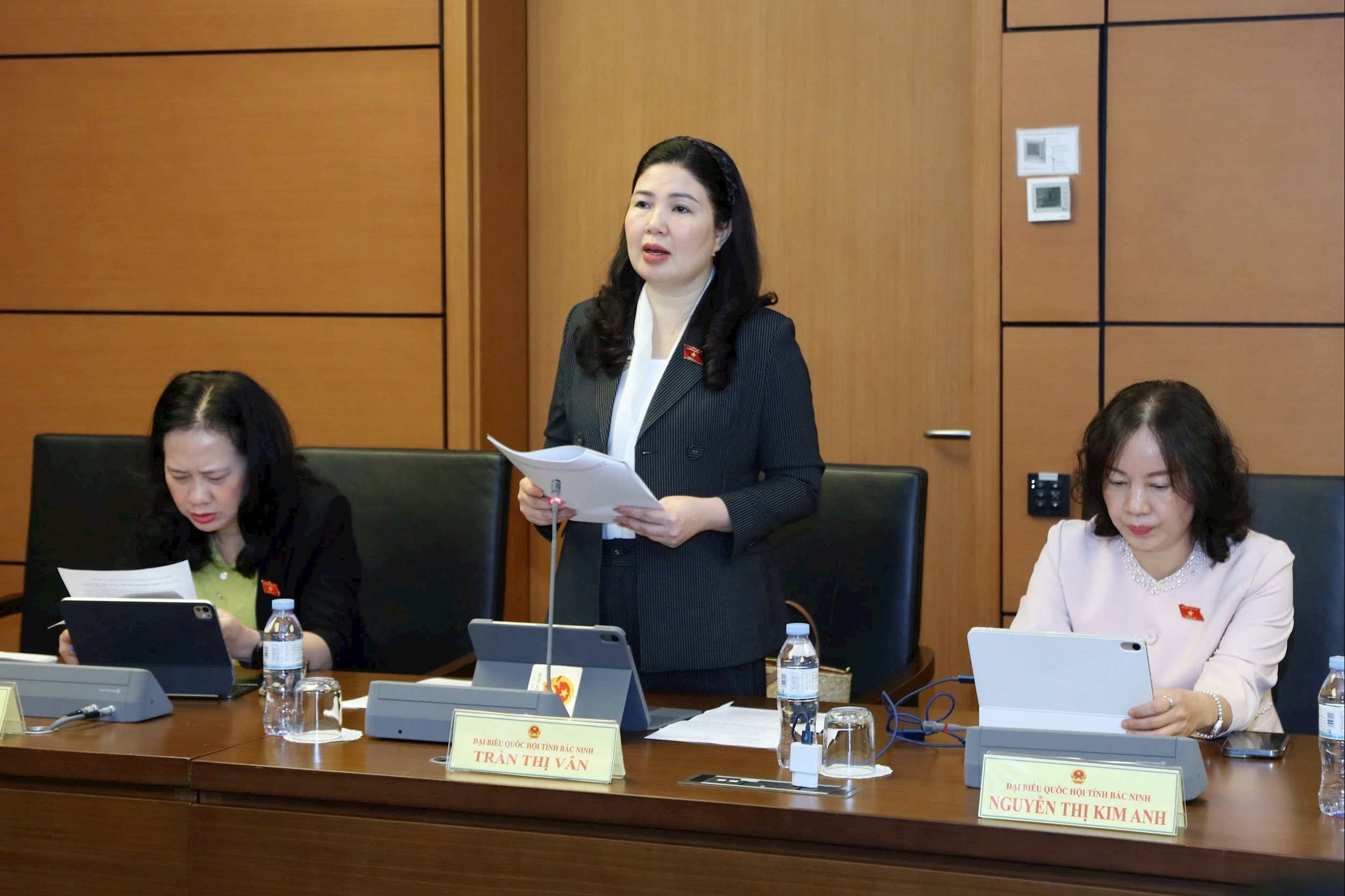
In particular, from the practice of implementing the Law on Civil Judgment Enforcement, delegate Tran Thi Van requested the drafting agency to study and supplement a number of specific regulations on the roles, duties and powers of the Civil Judgment Enforcement Department and the Head of the Regional Civil Judgment Enforcement Department in organizing the enforcement of judgments.
In addition, it is necessary to specify the time for enforcement after the expiration of the voluntary enforcement period. Currently, the current Law on THADS does not specifically stipulate the time limit for issuing the Enforcement Decision and the time limit for enforcement, leading to the Enforcement Officer being able to "arbitrarily" determine the enforcement period, affecting the rights and obligations of the parties.
Regarding current regulations, evidence is kept in the warehouse of the police agency (at the investigation and prosecution stage), then transferred to the warehouse of the THADS agency (at the trial and execution stage). When handling confiscation and expropriation (after accepting the execution organization), the THADS agency must transfer it to the financial agency at the same level.

According to the delegate, an evidence must be moved 3 times through 3 warehouse systems... which can lead to damage, loss of evidence and incur costs for transportation, hiring of human resources, and warehouse operations. The delegate proposed to amend the regulations on preservation of evidence in the direction that the People's Public Security, the People's Army, and agencies assigned to conduct a number of investigation activities should preserve it in all stages of investigation, prosecution, trial, and execution of judgment, which is appropriate to avoid damage to evidence.
The delegate also said that it is necessary to add a time limit for the competent authority to respond to the request of the civil judgment enforcement agency in reviewing the judgment or decision of the Court according to the procedure of cassation or retrial within 90 days from the date of receiving the request as prescribed by the current Law on Civil Judgment Enforcement. Such a regulation is to avoid the case of prolonged suspension of judgment enforcement affecting the legitimate rights and interests of the litigants.
Regarding the verification of the conditions for execution of judgments after transferring to a separate monitoring book, it is guided in Decree No. 62/2015/ND-CP detailing and guiding the implementation of a number of articles of the Law on Civil Judgment Enforcement, for cases that do not have conditions for execution of judgments. In reality, there are many cases that do not have conditions and have been transferred to separate monitoring by the Civil Judgment Enforcement Departments. Therefore, the delegate suggested that this provision should be implemented in the draft Law.
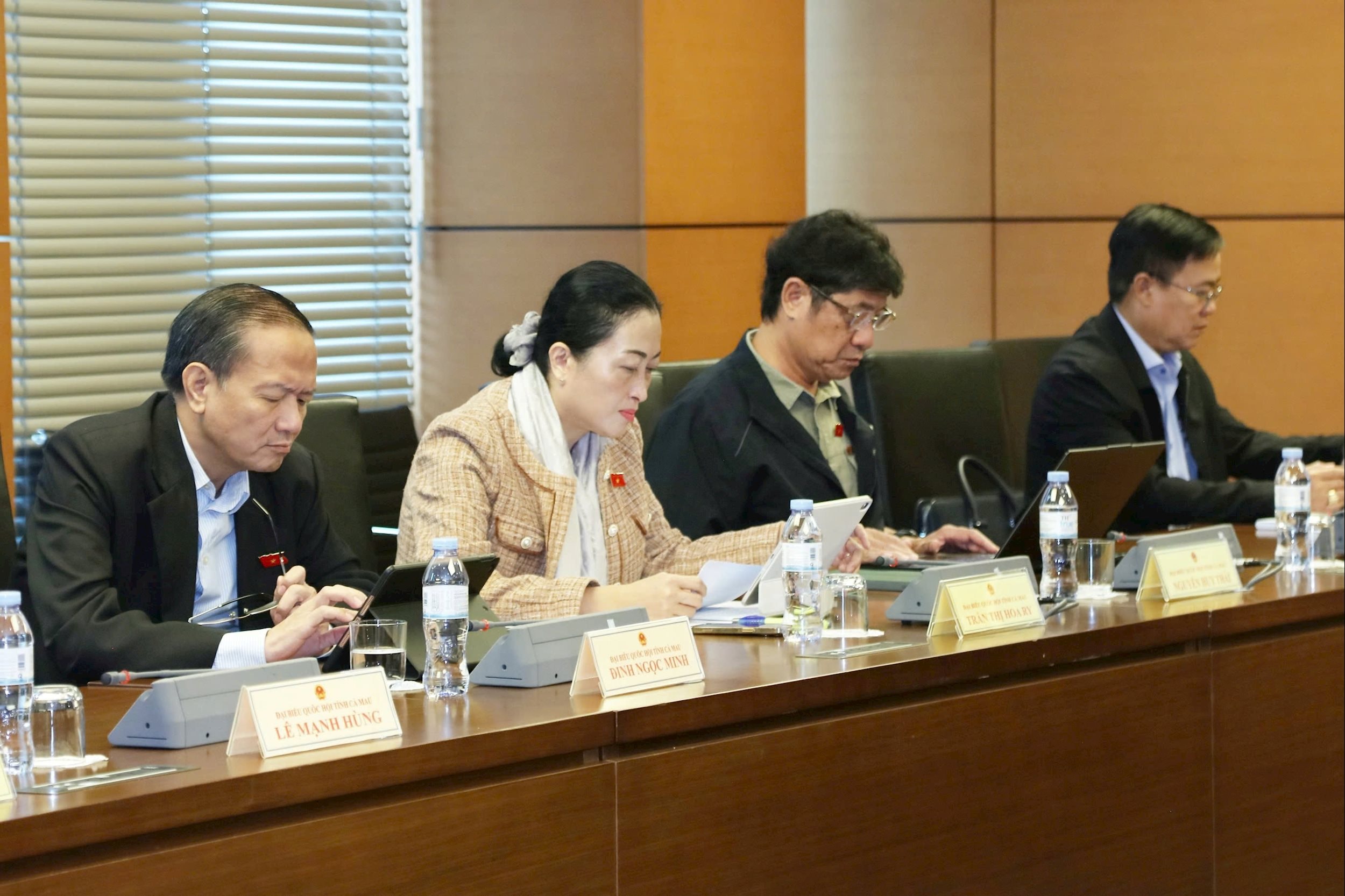
According to the delegate, it is necessary to specify the time (how many days) to carry out enforcement after the expiration of the voluntary enforcement period, and for the Enforcement Officer to conduct verification. The reason is that the current Law on THADS does not specifically stipulate the time limit for issuing the Enforcement Decision, the time limit for carrying out enforcement, leading to the Enforcement Officer being arbitrary in determining the enforcement time, affecting the rights and obligations of the parties.
It is necessary to supplement the principle of coordination between enforcement agencies in verifying the assets of the person subject to enforcement.
Basically agree with the provisions in the clauses of Article 4 of the draft Law. However, National Assembly Deputy Tran Hoa Ry (Ca Mau) requested the Drafting Agency to consider the Summary Report on the implementation of the Law on Civil Judgment Enforcement No. 265/BC-BTP dated June 3, 2025 of the Ministry of Justice, which pointed out that one of the reasons for the limitations in the results of civil judgment enforcement is the inadequate coordination between relevant agencies and organizations in supporting and providing valuable information to verify the money and assets of the judgment debtor.
Research to add 1 clause in this Article stipulating the principle of coordination responsibility between management agencies, civil judgment enforcement agencies and other relevant agencies and organizations in the process of verifying money and assets of civil judgment debtors.

At the same time, research and supplement regulations on the socialization of some civil judgment enforcement activities to reduce the burden on management agencies and civil judgment enforcement agencies in the context that the entire political system is resolutely implementing the arrangement and streamlining of the apparatus and personnel according to the Party's viewpoints and policies.
Regarding the request and decision to execute the judgment upon request (Article 33), delegate Tran Hoa Ry said that in order to facilitate the litigants, it should be added that in case the original judgment is no longer available, the litigants can submit an extract of the judgment. On the other hand, it is recommended that the drafting agency consider the regulation allowing the submission of the judgment or an electronic extract when requesting execution of the judgment, to facilitate the people.
Regarding the preservation, temporary handover for exploitation and use of assets for execution of judgments (Article 39), delegates suggested that the drafting agency consider adding regulations on the preservation, temporary handover for exploitation and use of assets for execution of judgments in the case of valuable antiques, relics and national treasures owned by citizens to ensure the legal ownership rights of citizens according to the Law on Cultural Heritage.
Source: https://daibieunhandan.vn/can-quy-dinh-cu-the-thoi-gian-phai-tien-hanh-cuong-che-sau-khi-het-thoi-han-tu-nguyen-thi-hanh-an-10394609.html







![[Photo] Da Nang: Hundreds of people join hands to clean up a vital tourist route after storm No. 13](https://vphoto.vietnam.vn/thumb/1200x675/vietnam/resource/IMAGE/2025/11/07/1762491638903_image-3-1353-jpg.webp)
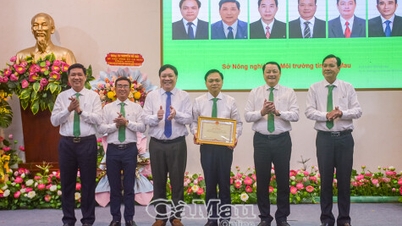

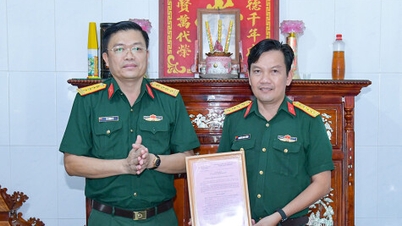


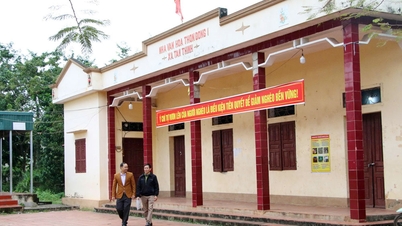

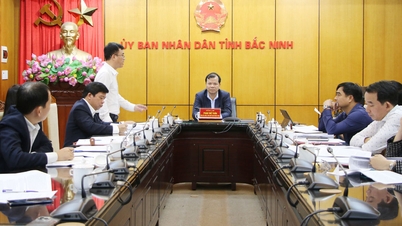




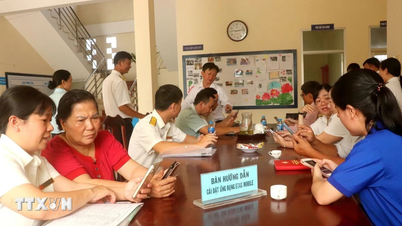











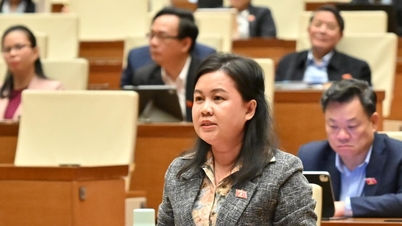























































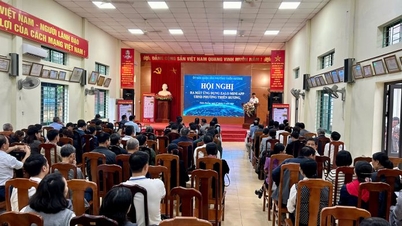





















Comment (0)